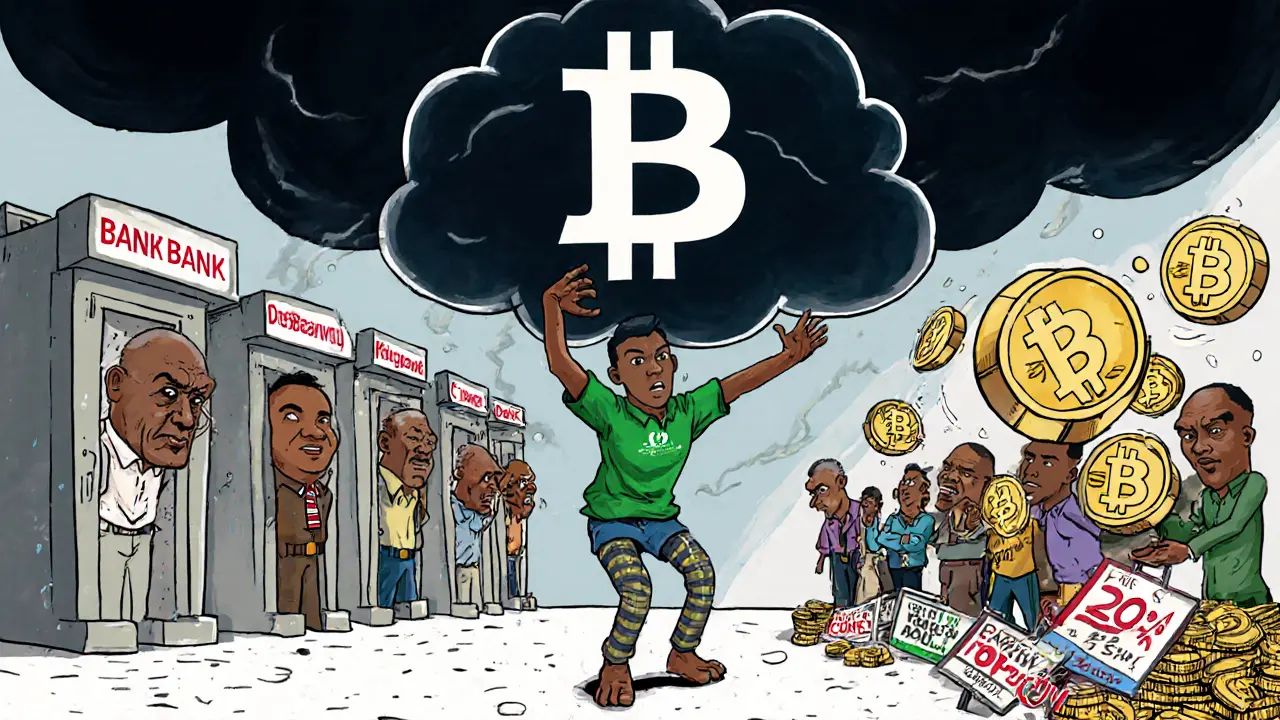Crypto Regulations by Country: What’s Legal, Banned, or Restricted in 2025
When it comes to crypto regulations by country, the legal status of cryptocurrency differs drastically depending on where you live. Also known as digital asset laws, these rules determine whether you can buy Bitcoin, mine Ethereum, or cash out your crypto without getting flagged by authorities. There’s no global standard—what’s legal in one place is a crime in another.
Take China, a country that outright bans cryptocurrency trading, mining, and even holding digital assets. Also known as digital yuan enforcement, its system blocks banks from processing any crypto-to-fiat transactions, and fines can be severe. Meanwhile, Qatar, a GCC nation with strict financial oversight, allows tokenized securities under tight control but forbids banks from touching crypto altogether. These aren’t just policy differences—they’re life-changing for residents and expats.
Then there’s the FATF greylist, a global watchlist of countries with weak anti-money laundering rules. If your crypto transaction touches one of these 24 jurisdictions, exchanges must freeze it, verify it, or block it completely. And in the U.S., the SEC crypto enforcement, which handed out $4.68 billion in fines in 2024, shifted from chasing unregistered tokens to targeting outright fraud. That means even if crypto is legal in your country, you’re not safe if you’re dealing with shady projects.
Why This Matters More Than You Think
If you’re holding crypto, traveling, or sending money across borders, you’re already affected by these rules. A Chinese citizen trying to cash out Bitcoin? Their bank will freeze the account. A Qatari investor trying to buy Solana through a local broker? They’ll be turned away. A U.S. trader using a no-KYC exchange? The SEC could come knocking. These aren’t abstract laws—they’re real barriers that lock people out, trap funds, or trigger investigations.
Some countries treat crypto like cash. Others treat it like contraband. And a few—like the U.S. and parts of Europe—are trying to build frameworks around it, but inconsistently. What you own, how you trade it, and whether you can even touch it depends entirely on your zip code. There’s no global wallet, no universal access. Only a patchwork of rules that change faster than the market.
Below, you’ll find real breakdowns of how different nations handle crypto—from total bans to hidden loopholes. No fluff. No theory. Just what’s actually happening on the ground in 2025, and what it means for your next move.
Banking access for crypto traders varies wildly by country in 2025. Some nations guarantee it, others ban it. Discover where you can bank legally-and where you’re forced into risky P2P markets.
